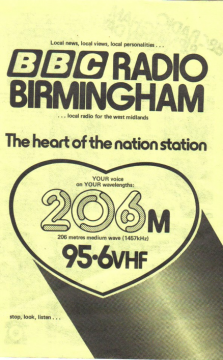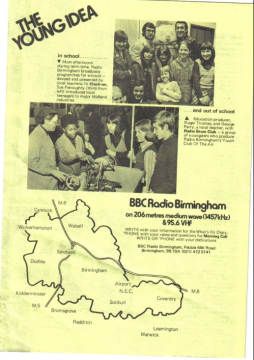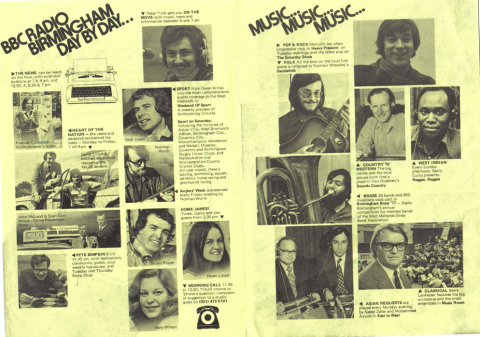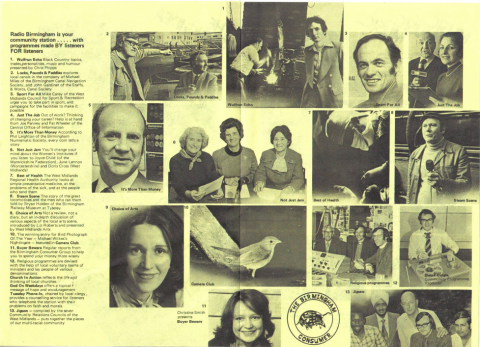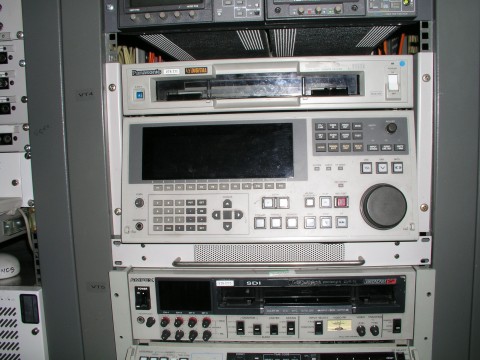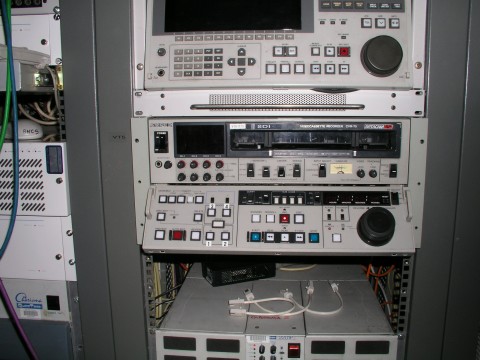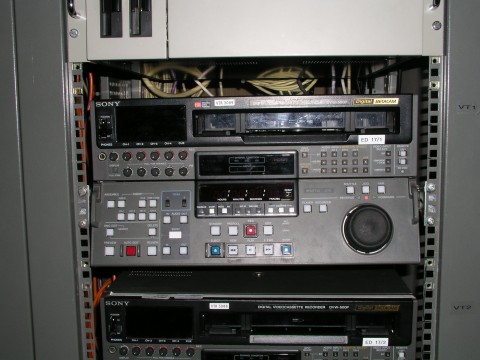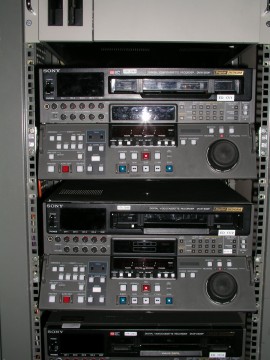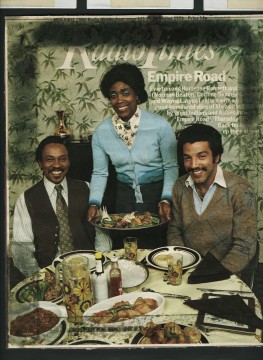The following blog is part of an interview I recorded with English Regions Drama Department Script Writer and Producer, Tara Prem. The English Regions Drama Department was innovative, and sometimes used unusual methods, as described here, talking about the 1973, Play for Today – ‘Shakespeare or Bust’ .

‘Peter Terson wrote ‘The Fishing Party’ and then ‘Shakespeare or Bust’ and ‘Three for the Fancy’. He wrote ‘The Fishing Party’ and then he said he wanted to have the three guys go to Stratford on a narrowboat by canal. So David (Rose) said why don’t you do the journey and see how you get on. So he did the journey and he would write as he went. I was script editor and my job was that he’d get to a lock and use the lock-keeper’s phone and say – ‘I’ve got another 30 pages, you can come and get them’. And that’s how the thing came. And when I’d got all the pages together he said he’d got to the end and they didn’t get into the theatre, and he decided they would see ‘Anthony and Cleopatra’ actors Richard Johnson and Janet Suzman on the balcony, and somehow this would be how the piece ended – that although they didn’t get into the theatre, because there were no seats, that they would get the Shakespeare from them. But Peter said they meet them – and then you sort it out. So that’s how much freedom again. Firstly the idea of just going to get 30 pages and putting several lots of 30 pages until you got to the end, and then sorting it all out, as a method! Obviously I’d give it to David, and everybody would read it, but there was no committee to decide. If it had been dreadful I suppose, somebody could have said we’re not going to do this, but otherwise the idea was that when we’d got enough pages to make the whole script, the whole filming process would crank into action, and off we’d go!’
Tara Prem, Script Editor ‘Shakespeare or Bust’
‘Shakespeare or Bust’ starred Brian Glover, Ray Mort, Douglas Livingstone, and Frank Woodfield.
